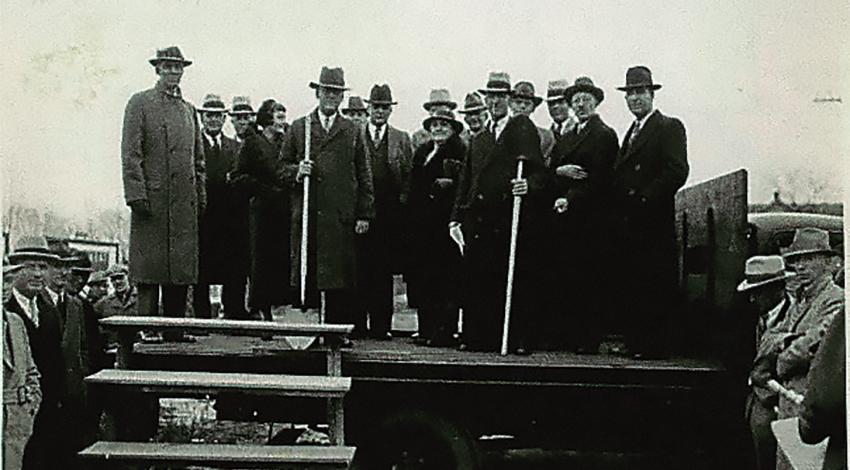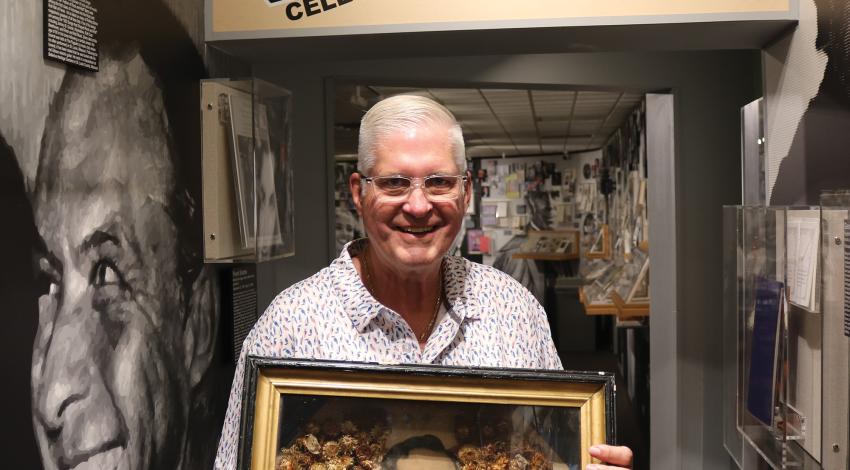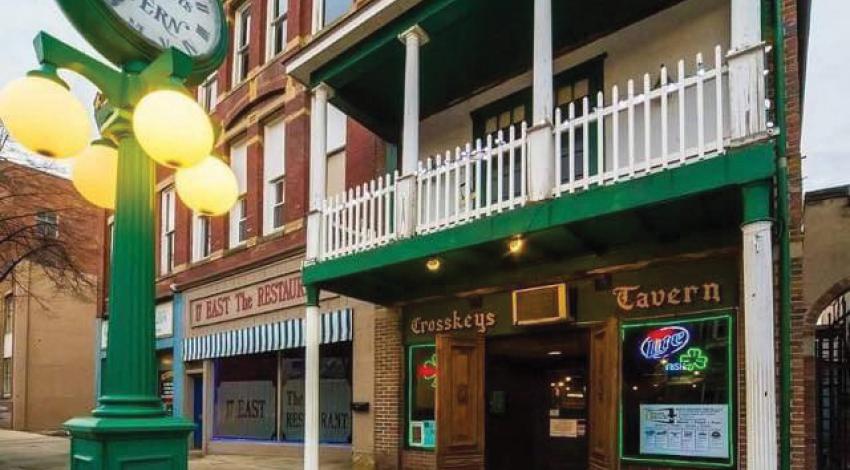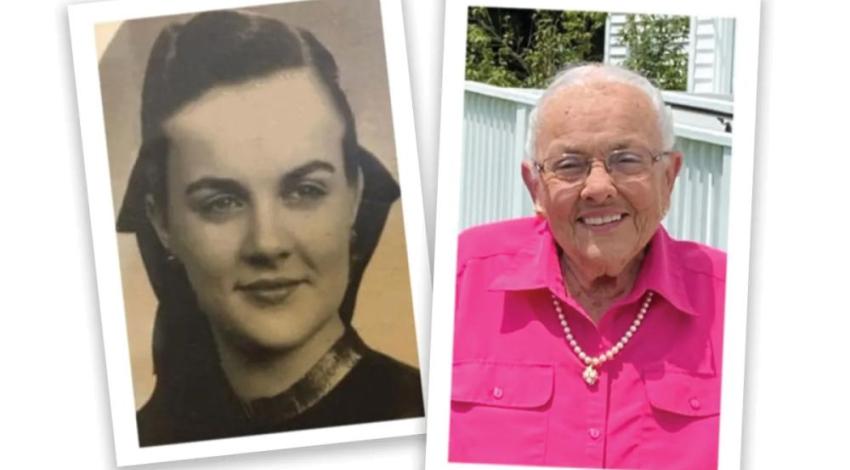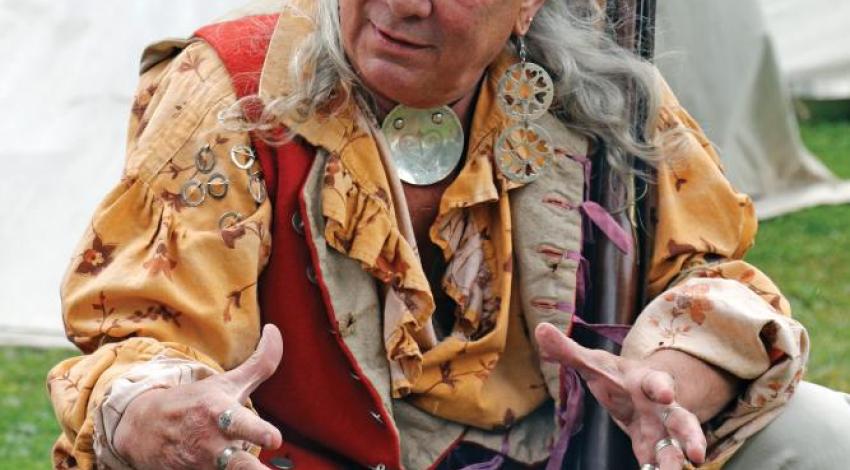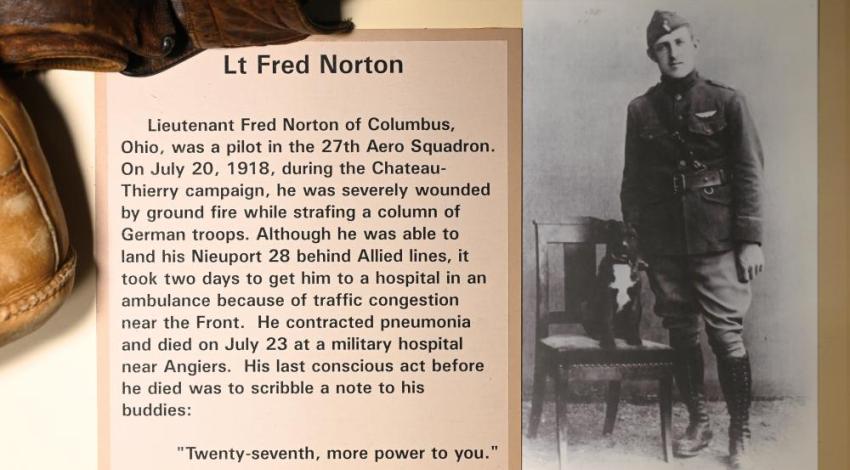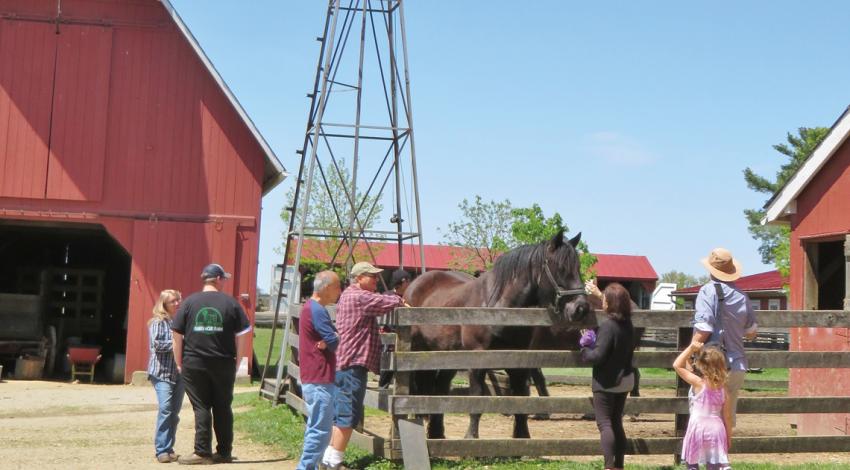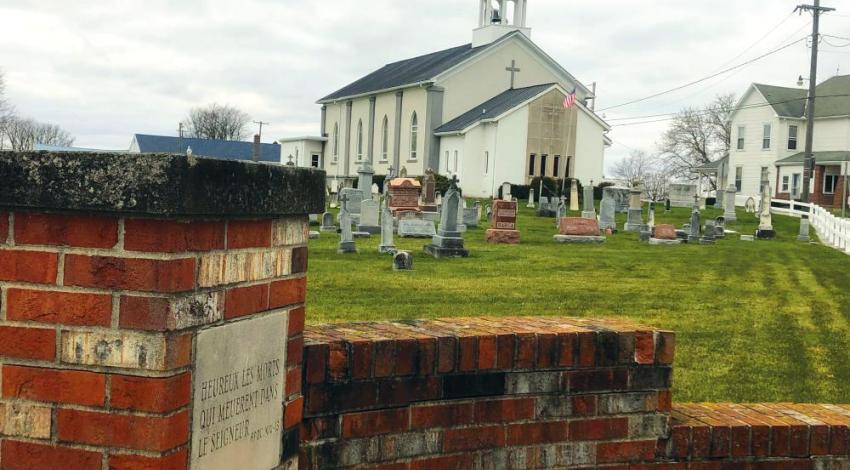When Francis de Sales Brunner, a Catholic missionary priest from Switzerland, first came to what is now Mercer County in the mid-1840s, one of the substantial number of religious artifacts he brought with him was a depiction of a miracle in which the Virgin Mary is said to
His original collection, expanded through acquisitions and donations over the years, has grown into one of the largest collections of holy relics in the country, and today, the Maria Stein Shrine of the Holy Relics draws visitors from around the world to pray and reflect among more than 1,200 documented pieces displayed in a series of three hand-carved wooden altars and assorted glass cases.

